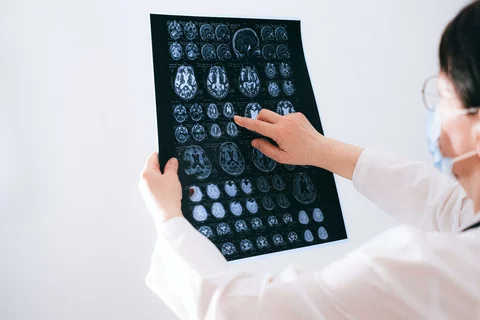Neurology

Mission
The goals of the neurology research node are to develop and test the neurologic and developmental outcomes of motor-based interventions for autistic individuals, thereby allowing autistic individuals to demonstrate their full cognitive, behavioral, social, and communicative potential.
Node Aims
- Aim 1: Neurologic Conditions - Identifying prevalence, characterizing phenotypes, understanding the impact of co-occurring Neurologic Conditions for Autistic Individuals (particularly those understudied), and developing interventions.
- Aim 2: Mentoring – support researchers in undertaking studies related to the neurology node.
- Aim 3: Educational Interventions – disseminate information on best practices to primary care and specialty providers.
- Aim 4: Transition of Care – Disseminate information on supporting the transition of care for autistic individuals
Research Agenda
Co-occurring neurologic conditions are common in autistic individuals. These conditions, such as epilepsy and sleep difficulties, can present across the lifespan and have a detrimental impact on adaptive function, physical health, and neurodevelopmental outcomes. Organized physical activities such as tennis, dance, and yoga may represent potential interventions that have been suggested to improve motor skills, physical and health outcomes, and behavioral outcomes. Specific research priorities that emerged were co-occurring conditions; understanding developmental trajectories and adult outcomes, and coordinating neurological care.
Additional Priorities
- Co-Occurring Conditions – Epilepsy, motor difficulties, sensory issues, and sleep difficulties.
- Adult Neurologic Outcomes – Transition of care, co-occurring conditions, and trajectories/development.
- Care Coordination – Decision trees for primary care and neurologists for referrals and tests, as well as integrating neurologists with other health care providers.
Node Leaders
